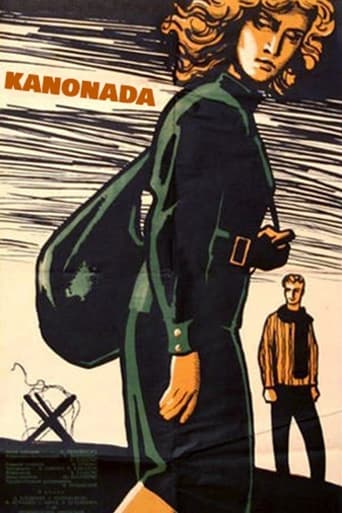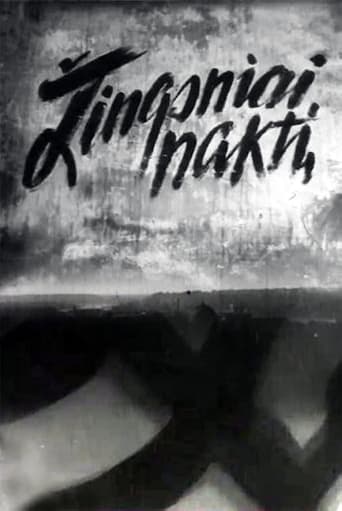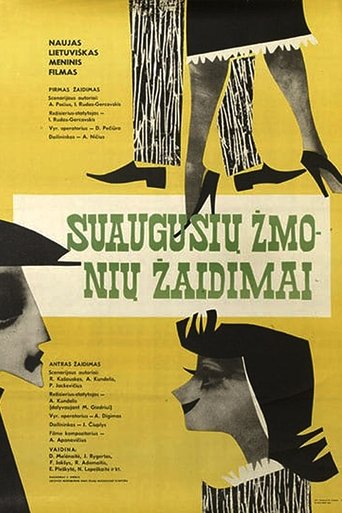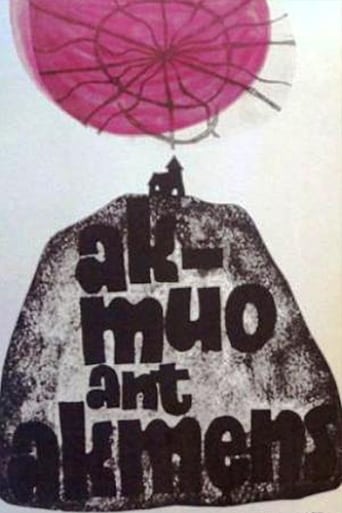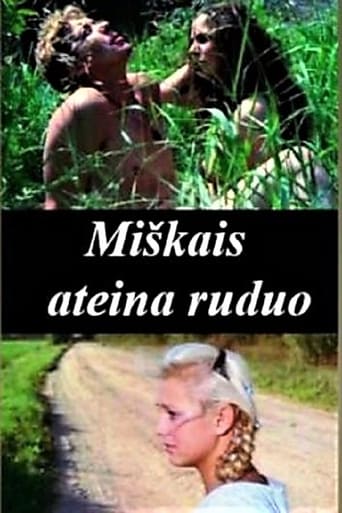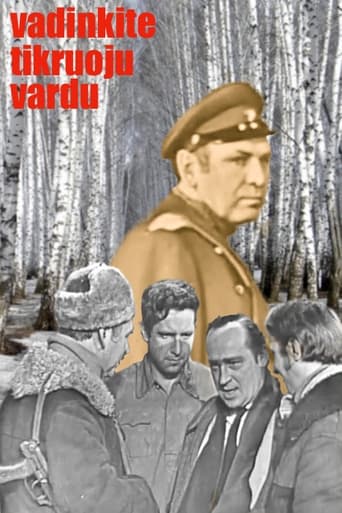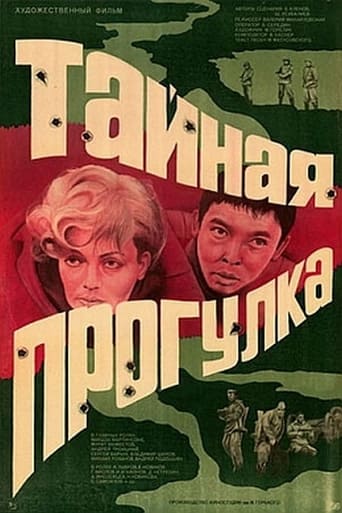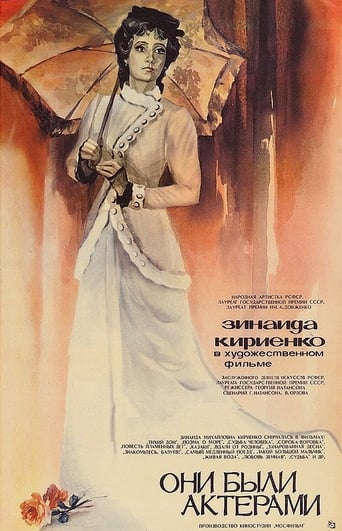Juozas Rigertas
Recently added
Kanonada
Aug 27, 1961A lithuanian village just after the end of the second World War: Neither German nor Russian its inhabitants must, despite their wounds, find new craft to dream of a better future ahead of them.
Drama
Žingsniai naktį
Oct 04, 1963Vabalas’s thesis film “Footsteps in the Night” (1962) portrays Kaunas in 1943, occupied by the German army. Alex, who recently returned to the city, tries to join the anti-Nazi resistance, but is captured and imprisoned. He soon starts planning his escape. Even though the screenplay was forced on him by his superiors, Vabalas managed to avoid creating an overly-heroic film. Instead, his work is filled with tension and complex characters. The film involved one of the most memorable scenes in Lithuanian cinema, portraying prisoners dancing by the fire. (Kino Pavasaris)
Drama
Suaugusių žmonių žaidimai
May 13, 1968Two episodes about the relationship between men and women in Lithuanians soviet era.
Comedy
Akmuo ant akmens
Dec 27, 1971Two stories about the relationships between the peasants and the noblemen in a Lithuanian village during the period of feudalism.
Drama
Miškais ateina ruduo
Dec 03, 1989Evolving grim drama of love and wealth. The action takes you to the pre-war and shows the different social strata in rural life, everyday life, passions.
Drama
Vadinkite tikruoju vardu
Nov 21, 1973Vito-Vilūnas' activities in Moscow and interwar Lithuania, the fight against the Nazis and his death in 1942.
Drama
Patriotai
Feb 10, 1980The fraud of officials, the thirst for money and a good life, their immorality is compared with the decency of the intelligentsia, intrigue and fear of losing everything when power changes; comical situations are created, but it seems that you don’t have to believe that something will change, because the office of an official changes decent people too....
Comedy
Тайная прогулка
Jul 26, 1985Niyole, a Red Army spy is sent behind the enemy lines in order to hunt German general.
War
Они были актёрами
Dec 12, 1981The plot of the film is based on real events of the Great Patriotic War. When the Nazis occupied Crimea, the actors of the drama theater of the city of Simferopol entered the underground group Sokol. The activities of the underground members were diverse: they put up leaflets with information from Soviet Information Bureau, compiled maps showing the strategic objects of the enemy, and supplied the partisans with medicines. On April 10, 1944, 3 days before the liberation of Simferopol, the underground members died from enemy bullets — they were shot on the outskirts of the city.
War

